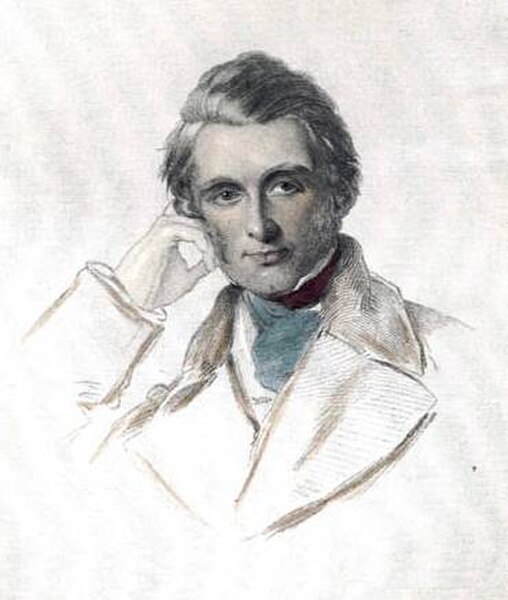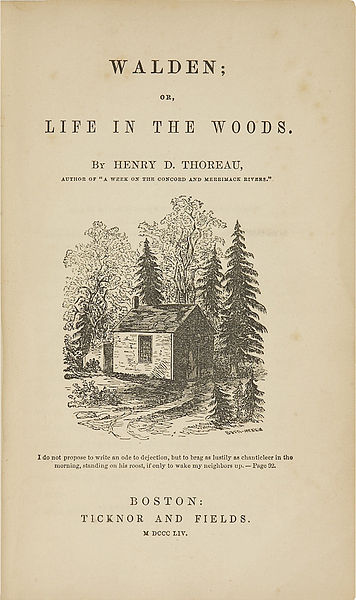Greenpeace is an independent global campaigning network, founded in Canada in 1971 by a group of environmental activists. Greenpeace states its goal is to "ensure the ability of the Earth to nurture life in all its diversity" and focuses its campaigning on worldwide issues such as climate change, deforestation, overfishing, commercial whaling, genetic engineering, anti-war and anti-nuclear issues. It uses direct action, advocacy, research, and ecotage to achieve its goals.
The nuclear device that sparked the creation of Greenpeace being lowered into its firing hole for Cannikin.
MV Esperanza, a former fire-fighter owned by the Russian Navy, was relaunched by Greenpeace in 2002
Greenpeace street fundraiser talking to a passer-by
Tove Maria Ryding, in her then role as Greenpeace Climate Policy Coordinator, at the conference from Bonn to Cancun, 2010
The environmental movement is a social movement that aims to protect the natural world from harmful environmental practices in order to create sustainable living. Environmentalists advocate the just and sustainable management of resources and stewardship of the environment through changes in public policy and individual behavior. In its recognition of humanity as a participant in ecosystems, the movement is centered on ecology, health, as well as human rights.
Levels of air pollution rose during the Industrial Revolution, sparking the first modern environmental laws to be passed in the mid-19th century.
Students from the forestry school at Oxford, on a visit to the forests of Saxony in the year 1892
John Ruskin, an influential thinker who articulated the Romantic ideal of environmental protection and conservation
Original title page of Walden by Henry David Thoreau








